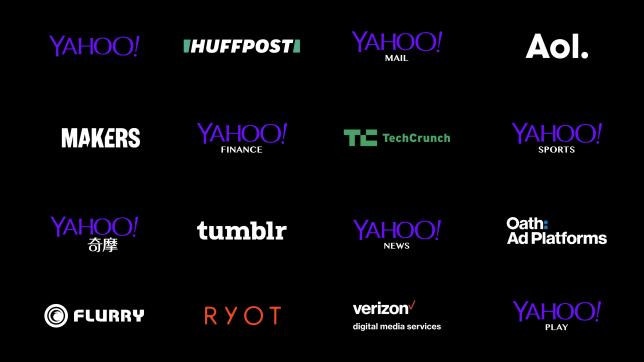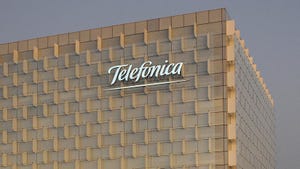US operator group Verizon thought it might be an idea to get into the media game by buying two internet dinosaurs.
May 4, 2021

US operator group Verizon thought it might be an idea to get into the media game by buying two internet dinosaurs.
When it bought AOL for $4.4 billion back in 2015 the rationale focused on wireless video, for some reason. Having spent a couple of years working out what it had acquired, the pitch evolved to a more generic consumer content and advertising theme by the time Verizon spent a similar amount on fellow 90s internet brand Yahoo.
It was never very clear what the point of all this impulsive diversification was, other than a belated response to the dominance of the mobile internet by the likes of Google, Apple and Facebook. It also felt like a relatively cut-price response to the strategic move made by AT&T when it splurged on Time Warner, indicating more a fear of being left behind than any coherent positive strategy.
Now Verizon has apparently decided it was all a massive waste of time in money, which mega-M&A so often is. So it’s flogging Verizon Media to private equity firm Apollo for $5 billion and keeping a ten percent piece of the action, for a laugh. The most remarkable part of that price tag is that it’s not even lower, especially since some bits of what was acquired have already been sold off. Some credit for that, surely, must go to hard-working hacks at sites like TechCrunch, which have been passed around like a hot potato in recent years.
“We are excited to be joining forces with Apollo,” said Guru Gowrappan, CEO of Verizon Media. “The past two quarters of double-digit growth have demonstrated our ability to transform our media ecosystem. With Apollo’s sector expertise and strategic insight, Yahoo will be well positioned to capitalize on market opportunities, media and transaction experience and continue to grow our full stack digital advertising platform. This transition will help to accelerate our growth for the long- term success of the company.”
“We are thrilled to help unlock the tremendous potential of Yahoo and its unparalleled collection of brands,” said Reed Rayman, Private Equity Partner at Apollo. “We have enormous respect and admiration for the great work and progress that the entire organization has made over the last several years, and we look forward to working with Guru, his talented team, and our partners at Verizon to accelerate Yahoo’s growth in its next chapter.”
“Verizon Media has done an incredible job turning the business around over the past two and a half years and the growth potential is enormous,” said Hans Vestberg, Verizon CEO. “The next iteration requires full investment and the right resources. During the strategic review process, Apollo delivered the strongest vision and strategy for the next phase of Verizon Media. I have full confidence that Yahoo will take off in its new home.”
The telecoms sector has a rich history of failure when it comes to trying to diversify into content, so Verizon is in good company. It’s the eternal ‘dumb pipe’ dilemma, with telcos constantly searching for ways to develop a less commoditised relationship with their subscribers. This exit symbolises a general admission of defeat to the OTT players when it comes to monetising content, but surely won’t be the last time a telco throws money at ill-conceived diversification initiatives.
About the Author(s)
You May Also Like







.png?width=300&auto=webp&quality=80&disable=upscale)

.png?width=300&auto=webp&quality=80&disable=upscale)
_1.jpg?width=300&auto=webp&quality=80&disable=upscale)



.png?width=800&auto=webp&quality=80&disable=upscale)